Lifestyle Changes for Optimal Fertility

Small Shifts That Make a Big Difference
When you’re trying to conceive, whether naturally or through fertility treatment, your lifestyle choices matter. While you can’t control everything, research shows that what you eat, how you move, how you sleep, and even how you manage stress can have a measurable impact on reproductive health. At Reproductive America, we believe in empowering patients with the tools they can control. Here’s a look at the most impactful lifestyle changes to support optimal fertility for all genders.
Nutrition: Fueling Reproductive Health
What to Eat:
- Whole foods: Think vegetables, fruits, legumes, nuts, seeds, whole grains
- Healthy fats: Avocados, olive oil, salmon, flaxseed
- Lean protein: Eggs, poultry, lentils, tofu, fish (low in mercury)
- Fertility boosters: Folate, iron, omega-3s, zinc, selenium, and antioxidants
What to Limit or Avoid:
- Processed foods and trans fats
- Sugary snacks and refined carbs
- Excess alcohol and caffeine
- High-mercury fish (like tuna or swordfish)
A balanced plate supports hormone production, egg and sperm quality, and uterine health.
Movement: The Right Amount Matters
- Moderate, regular exercise helps regulate insulin, reduce inflammation, and support ovulation
- Excessive high-intensity training, especially with low body fat, can disrupt menstrual cycles and lower testosterone
- Aim for 150 minutes/week of gentle to moderate movement: walking, yoga, pilates, strength training, or swimming
Sleep: The Often-Overlooked Fertility Factor
- Adults need 7–9 hours of high-quality sleep each night
- Sleep deprivation disrupts cortisol, insulin, estrogen, and testosterone
- Try setting a regular sleep-wake schedule, reducing screen time before bed, and avoiding caffeine late in the day
Stress Management: Calm Supports Conception
Chronic stress doesn't “cause” infertility—but it can interfere with hormone balance, menstrual cycles, and libido.
Support your nervous system with:
- Deep breathing, meditation, or mindfulness
- Gentle movement or time in nature
- Creative outlets and social connection
- Therapy, coaching, or support groups
At RCA, we offer emotional support resources to complement medical treatment—because mental wellness and fertility go hand in hand.
Environmental Detox: Minimize Exposure
- Swap plastic for glass or stainless steel containers
- Avoid microwaving in plastic
- Use clean, fragrance-free personal care and cleaning products
- Opt for organic produce when possible
- Filter drinking water and reduce exposure to air pollutants
Cut Out Smoking & Recreational Drugs
Tobacco, marijuana, and vaping directly harm sperm and egg quality, increase miscarriage risk, and affect hormone levels. Quitting is one of the most impactful changes you can make for your fertility—and your future child’s health.
RCA’s Holistic Approach
We don’t just focus on test results—we focus on you. Our team works with patients to create personalized lifestyle plans that align with their goals, diagnosis, and treatment timeline. Whether you're just starting or in the middle of IVF, every step toward wellness supports your success.
Nutrition: Fueling Reproductive Health
What to Eat:
- Whole foods: Think vegetables, fruits, legumes, nuts, seeds, whole grains
- Healthy fats: Avocados, olive oil, salmon, flaxseed
- Lean protein: Eggs, poultry, lentils, tofu, fish (low in mercury)
- Fertility boosters: Folate, iron, omega-3s, zinc, selenium, and antioxidants
What to Limit or Avoid:
- Processed foods and trans fats
- Sugary snacks and refined carbs
- Excess alcohol and caffeine
- High-mercury fish (like tuna or swordfish)
A balanced plate supports hormone production, egg and sperm quality, and uterine health.
Movement: The Right Amount Matters
- Moderate, regular exercise helps regulate insulin, reduce inflammation, and support ovulation
- Excessive high-intensity training, especially with low body fat, can disrupt menstrual cycles and lower testosterone
- Aim for 150 minutes/week of gentle to moderate movement: walking, yoga, pilates, strength training, or swimming
Sleep: The Often-Overlooked Fertility Factor
- Adults need 7–9 hours of high-quality sleep each night
- Sleep deprivation disrupts cortisol, insulin, estrogen, and testosterone
- Try setting a regular sleep-wake schedule, reducing screen time before bed, and avoiding caffeine late in the day
Stress Management: Calm Supports Conception
Chronic stress doesn't “cause” infertility—but it can interfere with hormone balance, menstrual cycles, and libido.
Support your nervous system with:
- Deep breathing, meditation, or mindfulness
- Gentle movement or time in nature
- Creative outlets and social connection
- Therapy, coaching, or support groups
At RCA, we offer emotional support resources to complement medical treatment—because mental wellness and fertility go hand in hand.
Environmental Detox: Minimize Exposure
- Swap plastic for glass or stainless steel containers
- Avoid microwaving in plastic
- Use clean, fragrance-free personal care and cleaning products
- Opt for organic produce when possible
- Filter drinking water and reduce exposure to air pollutants
Cut Out Smoking & Recreational Drugs
Tobacco, marijuana, and vaping directly harm sperm and egg quality, increase miscarriage risk, and affect hormone levels. Quitting is one of the most impactful changes you can make for your fertility—and your future child’s health.
RCA’s Holistic Approach
We don’t just focus on test results—we focus on you. Our team works with patients to create personalized lifestyle plans that align with their goals, diagnosis, and treatment timeline. Whether you're just starting or in the middle of IVF, every step toward wellness supports your success.









